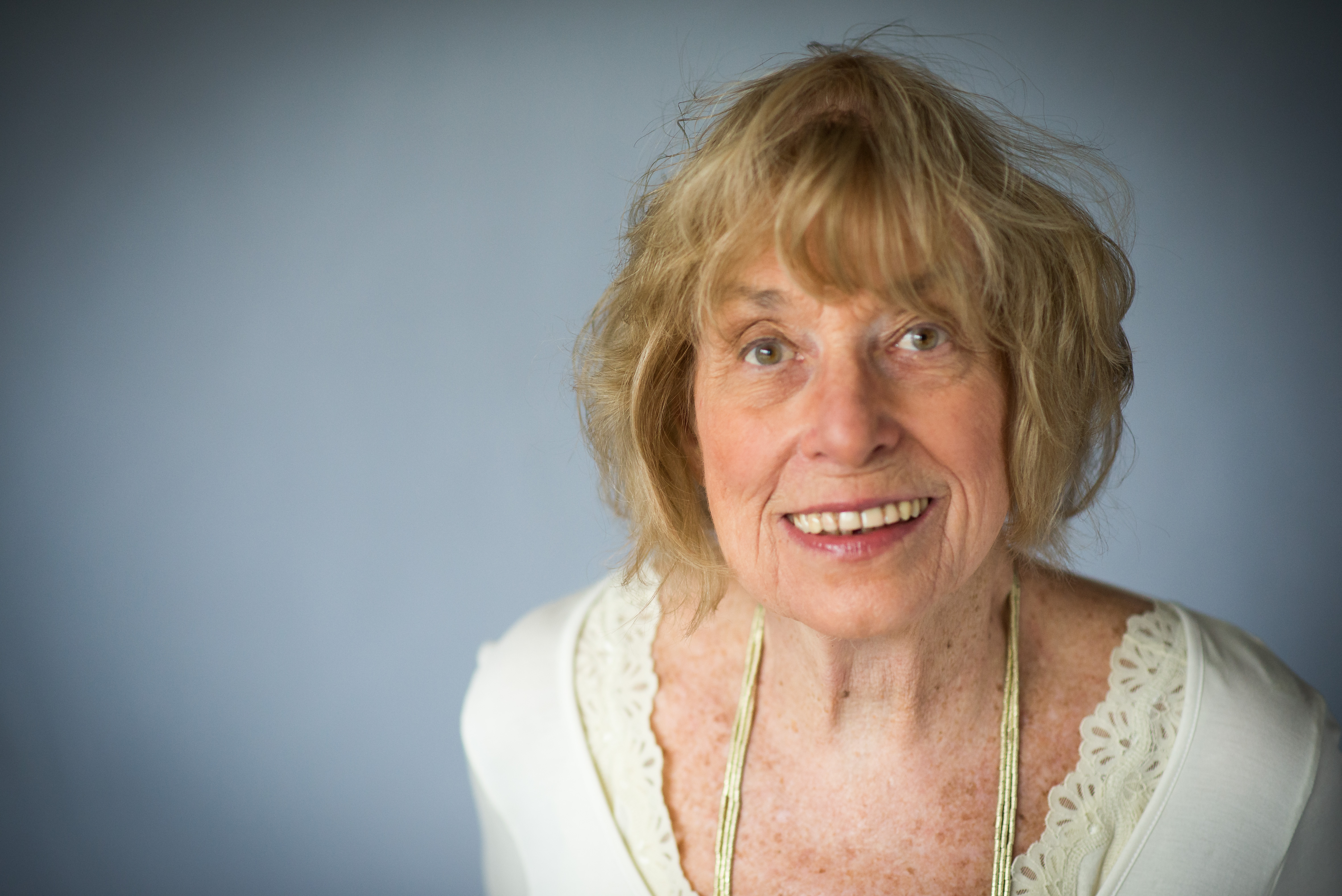By Dr. Joan White
“Qigong is to pull out the suffering at its root” – Dr. Yang Yang, Director of The Center for Taiji and QiGong Studies

My daughter refers to it as the day I hit myself on the head with a rock. I had unconsciously reacted to the death of a loved one in a destructive way; after working too hard in the garden, I fell and severely cut my head on a rock. I thought that through work, writing a dissertation and the support of family, I was coping well with the loss. But, here I was without words, being dominated by the death drive to join my loved one.
I am a student of the mind who is aware of the on-going struggle between the life and death drives. Although I do not feel that death is a pathology – it is simply a part of life – I do believe that we can enjoy a more rich experience of life when we become aware of the ways we unconsciously sabotage ourselves, thereby avoiding those repetitions.
When I fell, it signaled to me that I did not have the availability of words to communicate my feelings, so I chose Qigong to help me work with a body/mind process. This served to propel my awareness of the unconscious emotions to a place of understanding and acceptance.
Qigong uses posture, movement, breath, intention and contemplation to refine, gather and circulate life energy. Qigong is a mental and physical practice that tunes body, breath and mind, bringing them into unity.
All sensations, perceptions, and emotions are felt and held in the body from the intrauterine experience through life. Qigong is a practice that aims to rebuild and restore unconsciously held emotions; it turns the light of consciousness within to cultivate an acceptance of all thoughts and feelings beginning with those that have been held in the body. Freud said that “The ego is first and foremost a bodily ego.” Because of this, it can be useful to address trauma where it has located itself in the body when we are unable to access it with words. At the same time, I found that my experience with psychoanalysis had opened me up to alternate paths of fulfillment, allowing me to engage with and benefit from Qigong.
The movements of Qigong offer a quiet internal space where one can be reflective of the mind and allow oneself, within those moments, to have all the feelings. Studies of patients with PTSD who were treated with Qigong have demonstrated the importance of reconnecting with the body in order to engage the emotional shut down that happens with severe shock. Other complementary modalities, such as acupuncture and mindfulness, have also been shown to be effective in addressing emotional well-being. When used in conjunction with psychoanalysis I find that both aspects of the self, body and mind, are engaged in the healing process, leading to more complete relief from suffering.
As I studied Qigong, eventually becoming certified to teach it, I was able to free up energy that had been engaged in holding feelings in the body that I had unconsciously decided were too difficult to experience. As this gentle process released the trauma, I was able to move forward with the grieving process and reclaim that sequestered energy so I could use it to fully live life.